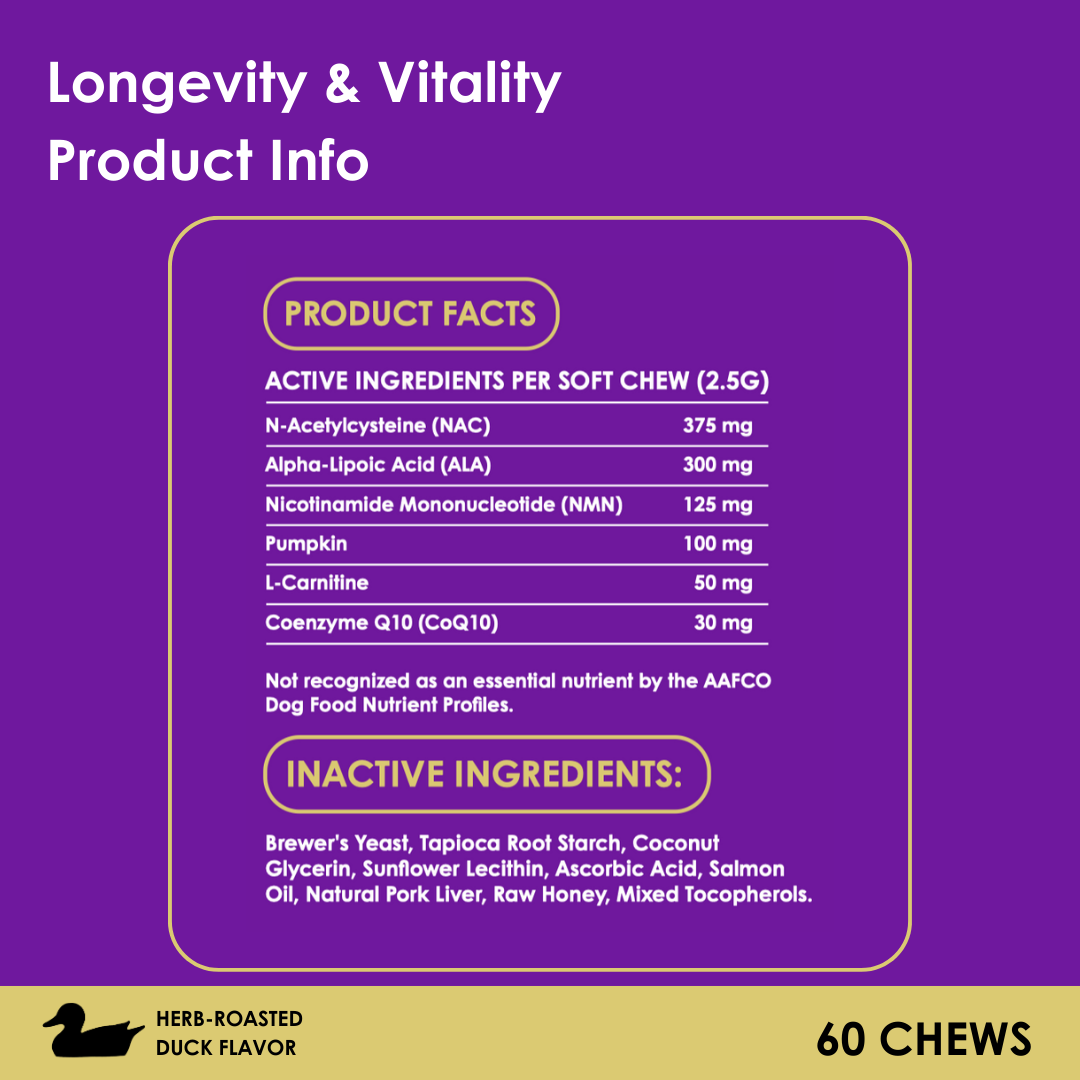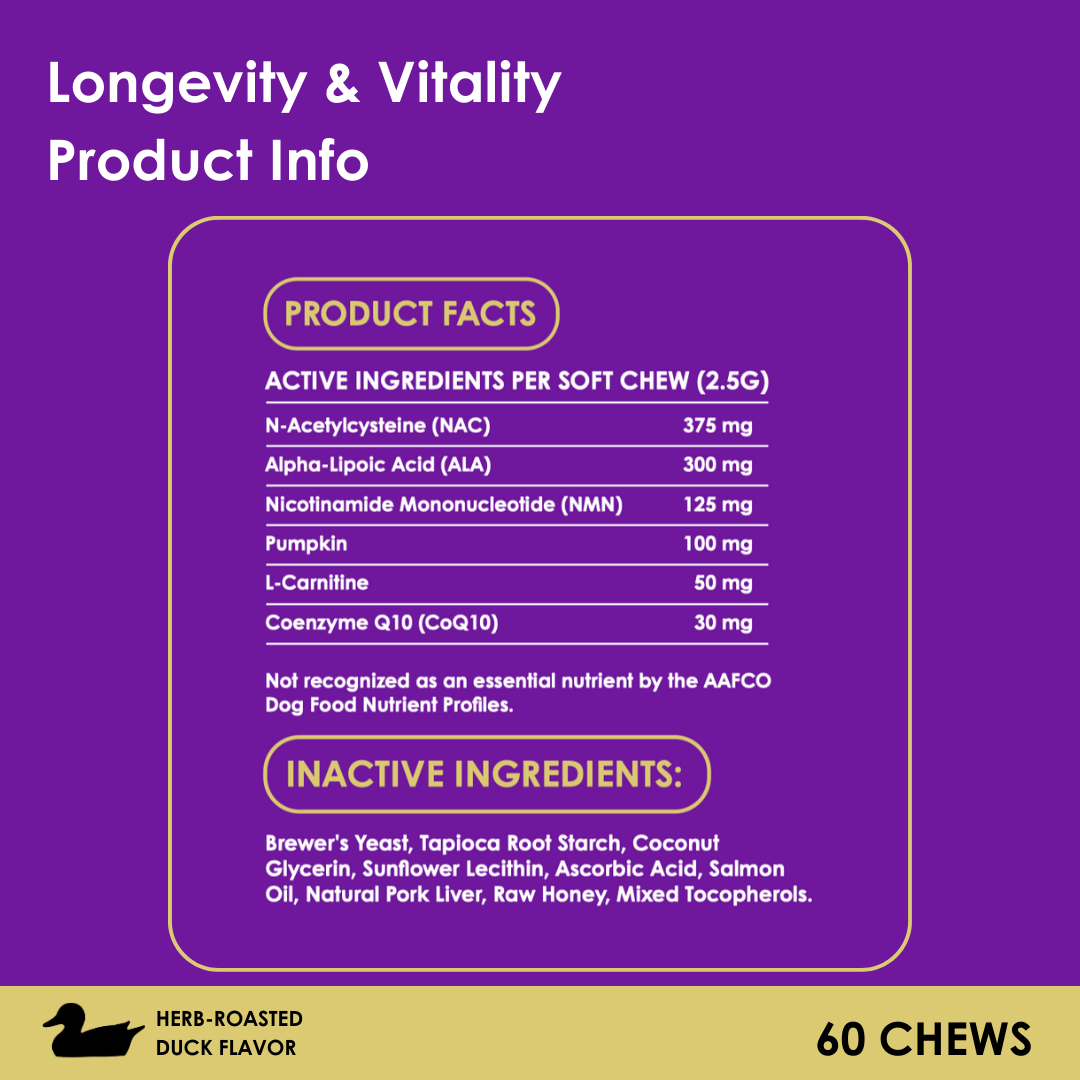Top 3 Myths About Parasites
Parasites like fleas, ticks, and mosquitoes are a year-round threat to our pets, yet many pet owners hold misconceptions that can lead to improper care and prevention. Sydney Yankowicz, Assistant Editor at Thrive Pet Healthcare, recently wrote an article on the common myths of parasites, and we wanted to highlight those myths. Parasites and their effects can have a major impact on our dogs' longevity, so let's cover the top myths, the risks of parasites, and prevention strategies:
Common Myths Debunked
-
Indoor Pets Are Safe from Parasites: Contrary to popular belief, indoor pets are not immune to parasites. Fleas, ticks, and mosquitoes can enter homes through open doors and windows or hitch a ride on clothing and other pets. Keeping all pets on preventative treatments is crucial, regardless of whether they regularly go outdoors.
-
Parasites Are Only a Warm-Weather Concern: Many believe that parasites vanish in the winter, but this is not true. Indoor heating can create a cozy breeding ground for fleas, and ticks often hide in leaf litter or snow to stay warm. Pets can also be exposed to parasites brought back from travels to warmer climates.
-
Certain U.S. Areas Are Risk-Free: Every state in the U.S. has some risk of parasites. Heartworm, carried by mosquitoes, is present in all 50 states. Environments with any soil, grass, and moisture can support the life of various parasites, making no area completely safe.
The Real Risks of Parasites
Lyme Disease: About 467,000 Americans are diagnosed each year, and pets can also be affected. This disease is widespread across the U.S., particularly in the Northeast.
Heartworm: Over 200,000 pets were diagnosed with heartworm disease in 2022 alone. It takes just one bite from an infected mosquito for a pet to contract this potentially fatal disease.
Direct Impact on Health: Parasites can transmit diseases that may lead to serious health issues, including chronic pain, severe infections, and even life-threatening conditions.
Preventing Parasite Problems
Dr. Kelly Cairns of Thrive Pet Healthcare emphasizes the importance of year-round preventative treatments. These are the most effective way to reduce the likelihood of parasites entering your home and affecting your pets.
While some may hesitate due to the cost of preventative care, the expense is minimal compared to the treatment of diseases like heartworm, which can be costly and is not always successful.
By understanding and addressing these common myths about parasites, pet owners can take more effective measures to protect their pets. Regular use of veterinarian-prescribed preventatives not only combats the misconceptions but also significantly contributes to the longevity and quality of life of our pets.
























